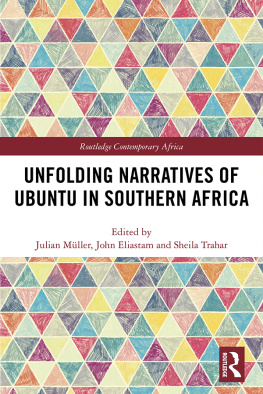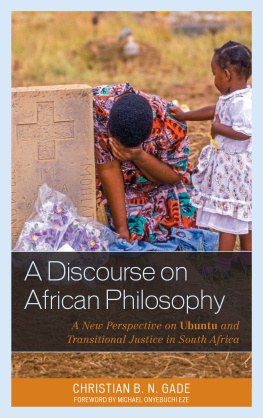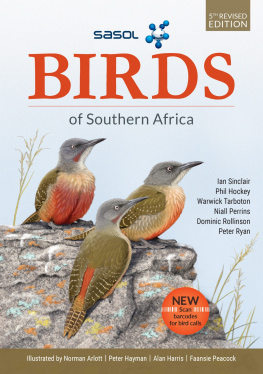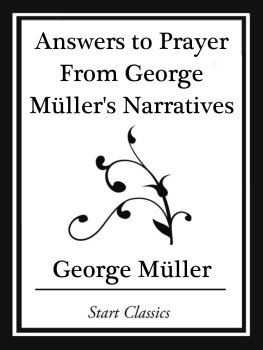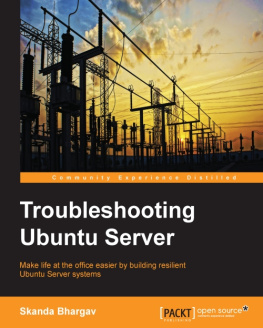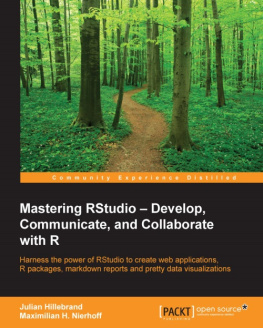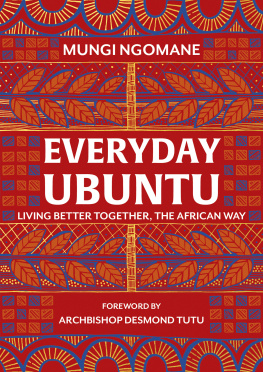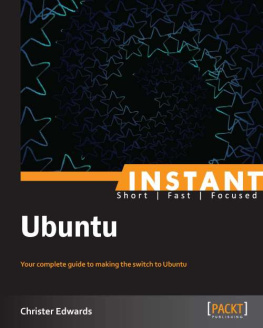Unfolding Narratives of Ubuntu in Southern Africa
Ubuntu is the African idea of personhood: persons depend on other persons in order to be. This is summarised in the expression: umuntu ngumuntu ngabantu, that is, a person is a person through persons.
This edited collection illustrates the power of fictionalised representation in reporting research conducted on Ubuntu in Southern Africa. The chapters insert the concept of Ubuntu within the broad intellectual debate of self and community, to demonstrate its intellectual and philosophical value and theoretical grounding in known practices emanating from the African continent, and indeed how it works to unsettle some of our received notions of the self.
Julian Mller, University of Pretoria, South Africa.
John Eliastam, University of Pretoria, South Africa.
Sheila Trahar, University of Bristol, UK.
Routledge Contemporary Africa Series
The Development of African Capital Markets
Legal and Institutional Approach
Boniface Chimpango
China, Africa and Responsible International Engagement
Yanzhuo Xu
Joke-Performancein Africa
Mode, Media and Meaning
Edited by Ignatius Chukwumah
The Media and Aid in Sub-SaharanAfrica
Whose News?
Lena von Naso
Political Culture, Change, and Security Policy in Nigeria
Kalu N. Kalu
African Science Education
Gendering Indigenous Knowledge in Nigeria
Jamaine Abidogun
Power in Contemporary Zimbabwe
Edited by Erasmus Masitera and Fortune Sibanda
Unfolding Narratives of Ubuntu in Southern Africa
Edited by Julian Mller, John Eliastam and Sheila Trahar
Reimagining Science and Statecraft in Postcolonial Kenya
Stories from an African Scientist
Denielle Elliott with Davy Kiprotich Koech
Unfolding Narratives of Ubuntu in Southern Africa
Edited by Julian Mller, John Eliastam and Sheila Trahar
Endorsed by Emeritus Archbishop Desmond Tutu
First published 2019
by Routledge
2 Park Square, Milton Park, Abingdon, Oxon OX14 4RN
and by Routledge
711 Third Avenue, New York, NY 10017
Routledge is an imprint of the Taylor & Francis Group, an informa business
2019 selection and editorial matter, Julian Mller, John Eliastam and Sheila Trahar; individual chapters, the contributors
The right of Julian Mller, John Eliastam and Sheila Trahar to be identified as the authors of the editorial matter, and of the authors for their individual chapters, has been asserted in accordance with sections 77 and 78 of the Copyright, Designs and Patents Act 1988.
All rights reserved. No part of this book may be reprinted or reproduced or utilised in any form or by any electronic, mechanical, or other means, now known or hereafter invented, including photocopying and recording, or in any information storage or retrieval system, without permission in writing from the publishers.
Trademark notice: Product or corporate names may be trademarks or registered trademarks, and are used only for identification and explanation without intent to infringe.
British Library Cataloguing-in-Publication Data
A catalogue record for this book is available from the British Library
Library of Congress Cataloging-in-Publication Data
A catalog record has been requested for this book
ISBN: 978-1-138-48309-5 (hbk)
ISBN: 978-1-351-05582-6 (ebk)
Typeset in Times New Roman
by Wearset Ltd, Boldon, Tyne and Wear
Contents
Ubuntu has been covered extensively in literature on African philosophy. What distinguishes this edited collection from those texts, is the contributors use of fiction to re-present the myriad ways in which Ubuntu is perceived and understood in Southern Africa.
The reader is taken on a journey of storytelling through which Ubuntu is rediscovered in its beauty and its challenges as the principle value in the African context.
May many embark on this journey.
Archbishop Emeritus Desmond Tutu
Hermanus, South Africa
March 2018
Contributors
Wonke Buqa received his PhD in Practical Theology from the University of Pretoria. He is an ordained Minister of the Uniting Presbyterian Church in Southern Africa (UPCSA) and serving as a Chaplain in the South African Air Force (SAAF). Dr Buqa is currently studying for a BA Honours in Counselling Psychology with UNISA and reviewing various research papers on the African Philosophy of Ubuntu.
John Eliastam: After completing studies in theology, John served as the pastor of a Vineyard church in Cape Town for 13 years. For the past ten years John has worked as a consultant and facilitator, with a particular focus on transformation, inclusion and social cohesion. He works with organisations and communities to help them navigate transitions and develop leaders, with a particular focus on how change, conflict and diversity impact the world and the way we do business. John has a PhD in Practical Theology from the University of Pretoria.
Herman Holtzhausen graduated in 2018 with a PhD from the University of Pretoria. In his doctoral thesis he investigated land reform and Ubuntu as competing narratives in rural South Africa. He suggested mindfulness as a practice to meet and transcend obstacles in compassion, in order to find our shared humanity in the process of land reform. He practises as a sheep farmer, clock maker and therapist.
Retha Kruidenier: for the last ten years Retha has worked as a pastoral therapist in schools and NGOs in Pretoria. Currently, she is a supervisor at Hospivision, a counselling centre in the Steve Biko Academic Hospital. She is also involved in training and runs courses in hospital ministry and narrative therapy at the Centre of Contextual Ministry of the University of Pretoria. She specialises in narrative therapy with children. Retha has a PhD in Practical Theology from the University of Pretoria.
Titus Makusi is a pastor and the General Secretary of the Christian Mission Ministry (CMM) in Kenya. He is a researcher and a visiting lecturer at the Presbyterian University of East Africa (PUEA), and Nakuru Evangelical School of Theology (NEST). He is also a Commissioner on the Environment and Climate Change under the Interreligious Council of Kenya (IRCK). He holds a Higher Diploma in Christian Leadership, B.Th. and MDIV from the Africa International University (AIU). He is currently pursuing his doctoral studies in systematic theology at North West University (NWU) in South Africa.
Molly Manyonganise holds a PhD in Biblical and Religious Studies from the University of Pretoria. She is a senior lecturer in the Department of Religious Studies and Philosophy at the Zimbabwe Open University. Her research interests comprise religion and politics as well as gender and religion.
Julian Mller is an emeritus professor in Practical Theology at the University of Pretoria. He was Head of the Department of Practical Theology and Deputy Dean of the Faculty of Theology. After retirement he continued to work for the Faculty in the capacity as Senior Research Fellow and in this capacity was asked to be one of the team leaders of the research project on Ubuntu.
Marguerite Mller is a lecturer in the School of Education Studies, Faculty of Education at the University of the Free State. She holds a BA Fine Arts, PGCE, Masters of Education and PhD in Higher Education studies. At present, she teaches within the discipline of Curriculum Studies with a specific focus on socially just and anti-oppressive pedagogies. In addition, she holds a part-time position as on-campus residence head within the Department of Student Affairs at UFS. In her research, she employs arts-based methodologies to explore issues of educator identity in the higher education space.


